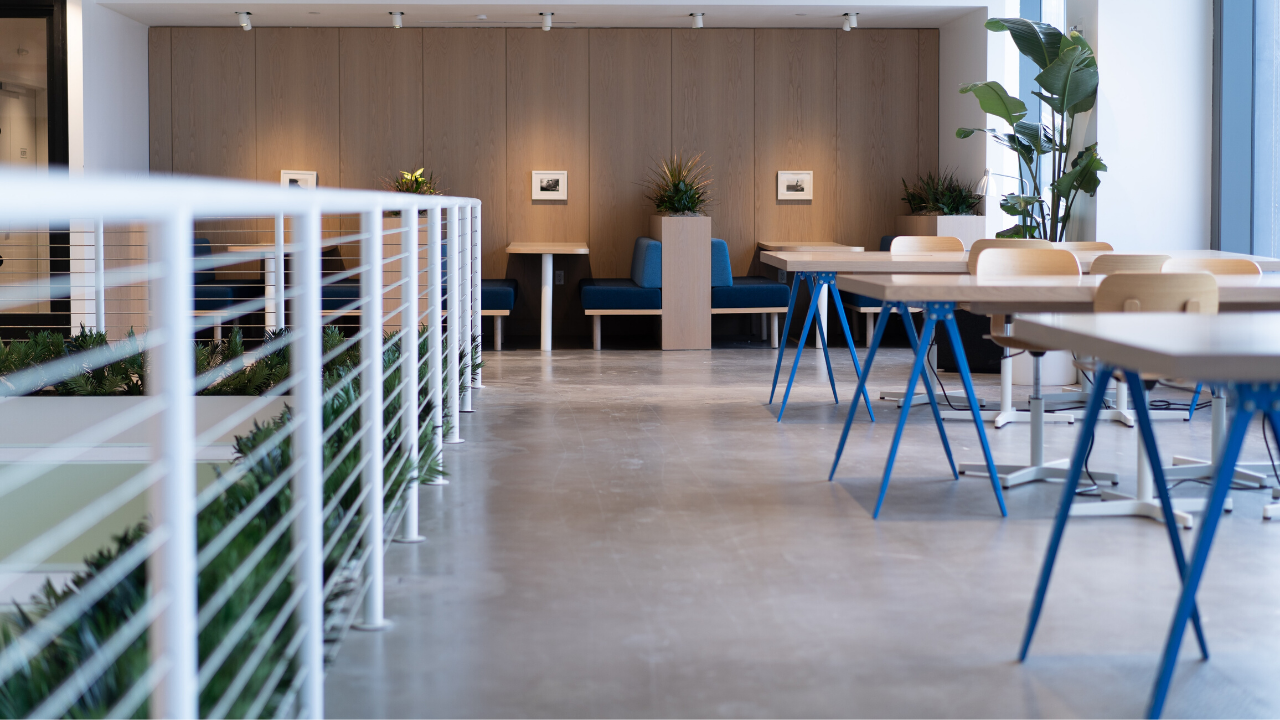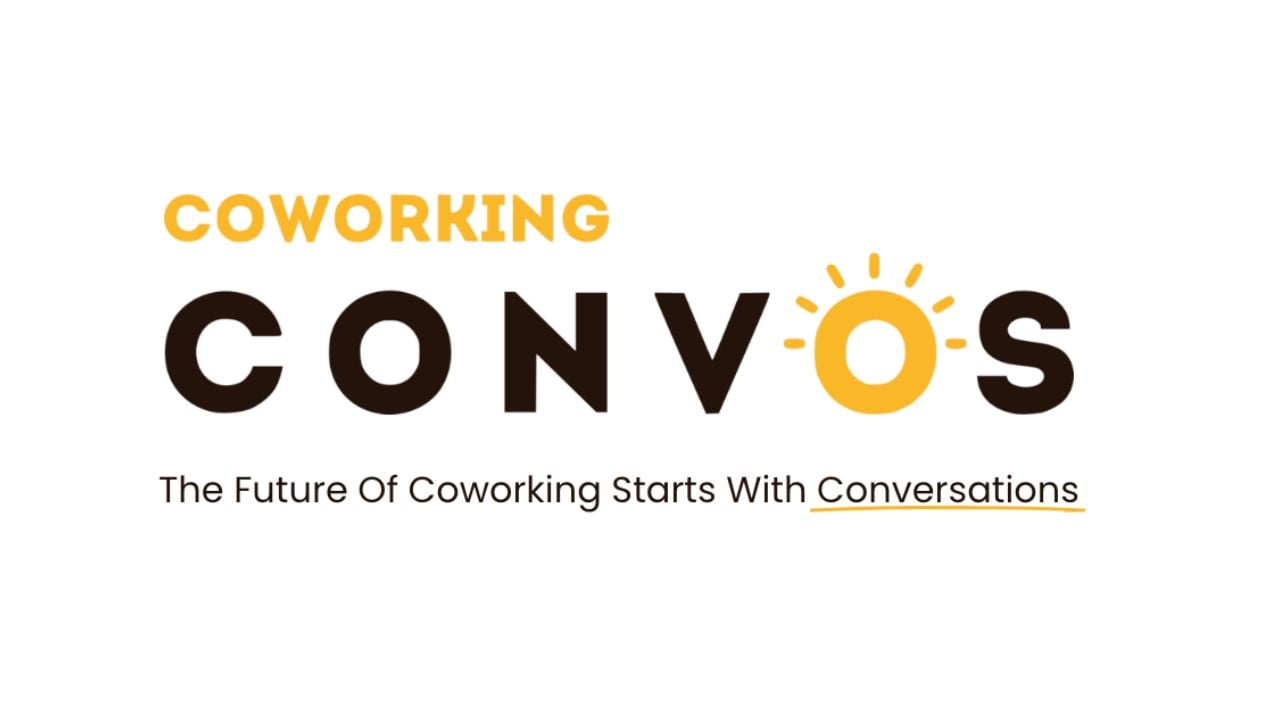Just as companies have gotten into the flow of managing a distributed workforce, now employers are preparing to navigate how to keep workers safe when they come back to the office.
According to a survey by PwC in early May, over half of Americans said they feared getting sick when returning to the office, and others said they were reluctant to use public transportation to commute.
“Communicating the extent of [any new] safety and hygiene protocols will be essential in assuring employees they are safe in a post-Covid-19 workplace,” said Bhushan Sethi, PwC’s global people and organization co-leader. “A key component of that education is raising awareness of the connection between tracing and each employee’s health — the importance of being able to pinpoint potential risk exposure precisely so they can take action quickly.”
The mental toll the transition back into an anxiety-ridden world will have on many people is why companies need to ensure they have policies in place that support their staff’s physical and mental health. For example, a separate PwC survey found that 43% of chief financial officers would continue offering remote working arrangements as a permanent option for certain workers.
But certain industries, such as hospitality and retail, do not have the luxury of remote working, and companies within those sectors need to make an extra effort to support their employees. For instance, Starbucks revealed it would provide free therapy for its staff and their family members last month.

 Dr. Gleb Tsipursky – The Office Whisperer
Dr. Gleb Tsipursky – The Office Whisperer Cat Johnson – Coworking Marketing Maven
Cat Johnson – Coworking Marketing Maven Angela Howard – Culture Expert
Angela Howard – Culture Expert Drew Jones – Design & Innovation
Drew Jones – Design & Innovation Andrea Pirrotti-Dranchak – Competitive Advantage
Andrea Pirrotti-Dranchak – Competitive Advantage Jonathan Price – CRE & Flex Expert
Jonathan Price – CRE & Flex Expert Jeremy Fennema – Tech Innovation Alchemist
Jeremy Fennema – Tech Innovation Alchemist












